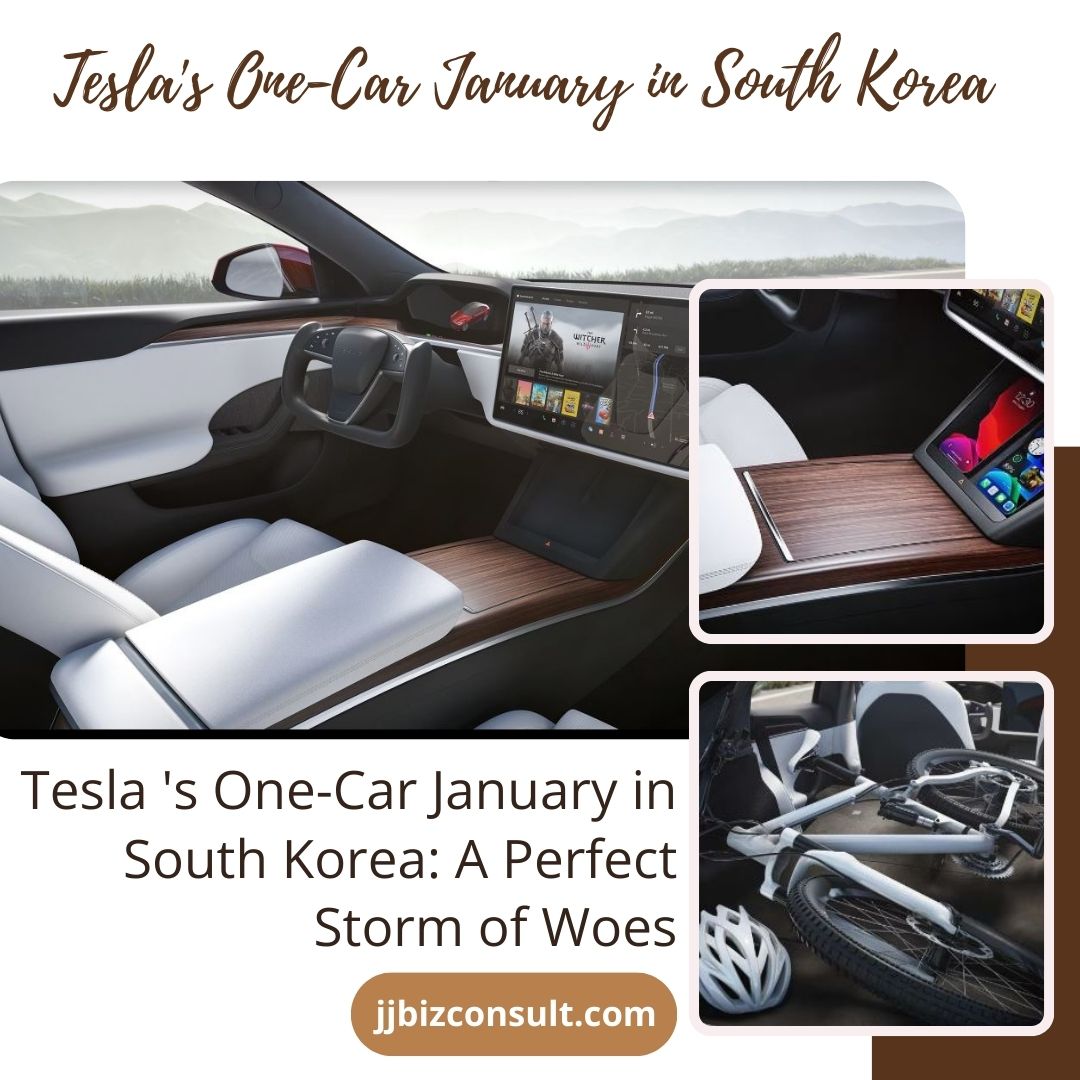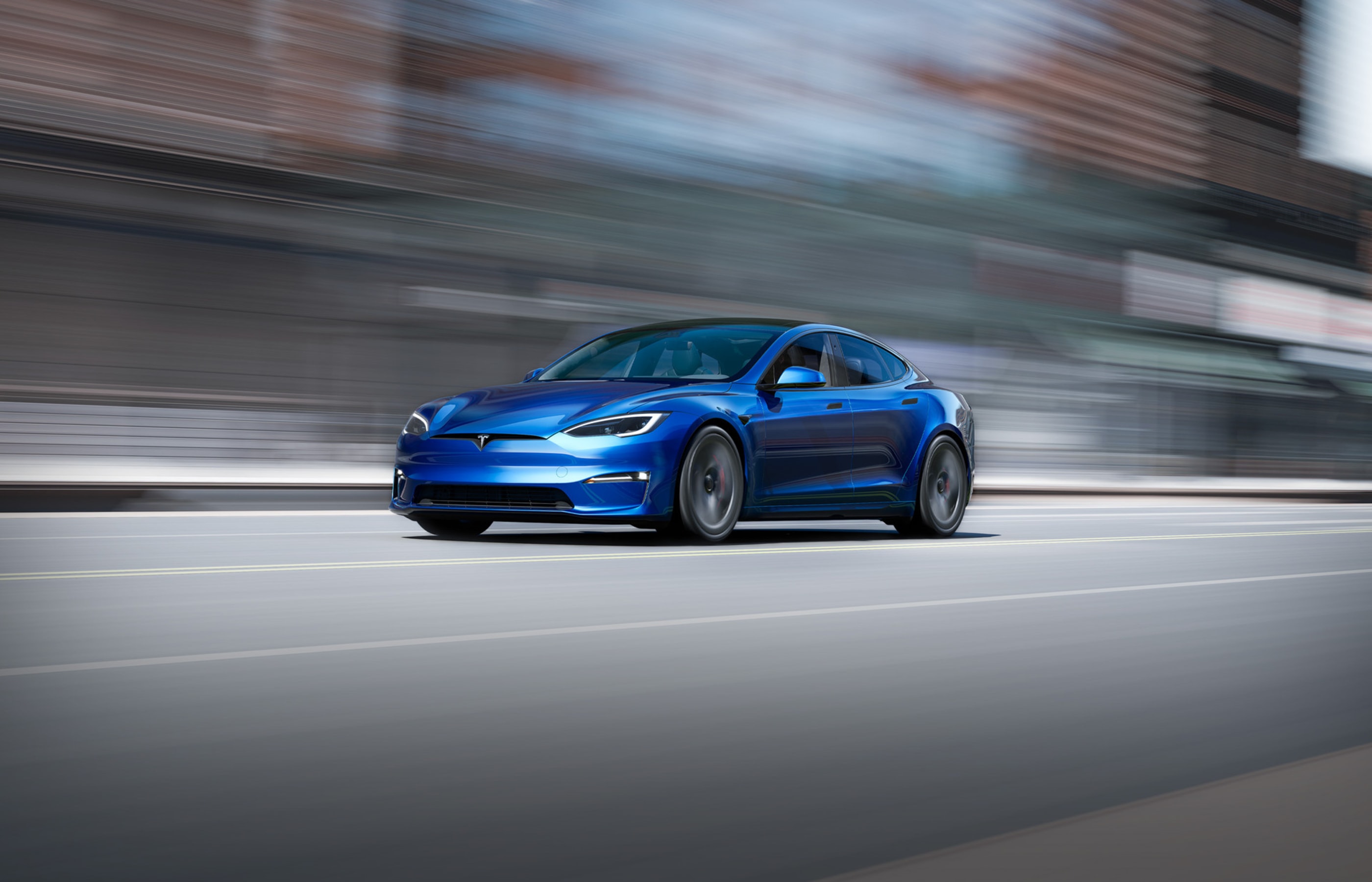
Tesla's One-Car January in South Korea: A Perfect Storm of Woes
Tesla ‘s struggles in South Korea reached a new low in January 2024, with the EV giant selling only one car in the entire country. This marked their worst performance since July 2022, when they sold zero vehicles. Let’s dive into the factors behind this dramatic decline and explore the broader implications.

A Multitude of Challenges:
- Inflationary Blues: South Korea’s 3.6% inflation rate is putting a strain on consumers’ wallets, making expensive EVs a less attractive option.
- Safety Concerns: The 2022 EV battery fire incident continues to cast a shadow, with half of EV owners citing fires as their top concern.
- Charging Infrastructure Gap: The lack of fast chargers (90% are slow) creates a significant barrier to EV adoption.
- Subsidy Wait-and-See: Consumers might be waiting for government subsidies to be announced before committing to a purchase.
Source: Quartz

Tesla: Beyond South Korea:
This isn’t an isolated incident. It has faced multiple challenges in 2024:
- Recalls and Production Pause: Two separate recalls and a factory shutdown in Germany have dented consumer confidence.
- Stock Market Slide: Tesla’s stock has been the worst performer in the S&P 500, leading to a significant market cap decline.
- Musk’s Wealth: The falling stock price threatens Elon Musk’s position as the world’s richest person.

Looking Ahead:
Tesla needs to address these issues head-on to regain momentum in South Korea and globally. Here are some potential solutions:
- Competitive Pricing: Offering more affordable models and adjusting pricing to align with government subsidies could attract price-sensitive buyers.
- Enhanced Safety Features: Addressing fire concerns through improved battery technology and robust safety protocols is crucial.
- Investing in Charging Infrastructure: Expanding the fast-charging network is essential to overcome range anxiety and encourage EV adoption.
- Transparency and Communication: Openly addressing concerns and providing clear communication about safety measures and future plans can rebuild trust.

The South Korean market serves as a microcosm of the challenges Tesla faces globally. By proactively addressing these issues and adapting to market realities, Tesla can navigate this storm and ensure its long-term success.
GM EV to unseat Tesla in the sales of EVs





